Do wasps make honey? Many people have the basic notion that the major difference between a honey bee and a wasp is that bees make honey while wasps do not.
However, this is not entirely correct.
In this blog post, we share with you the answer to this question, plus other benefits that wasp species have on our environment.
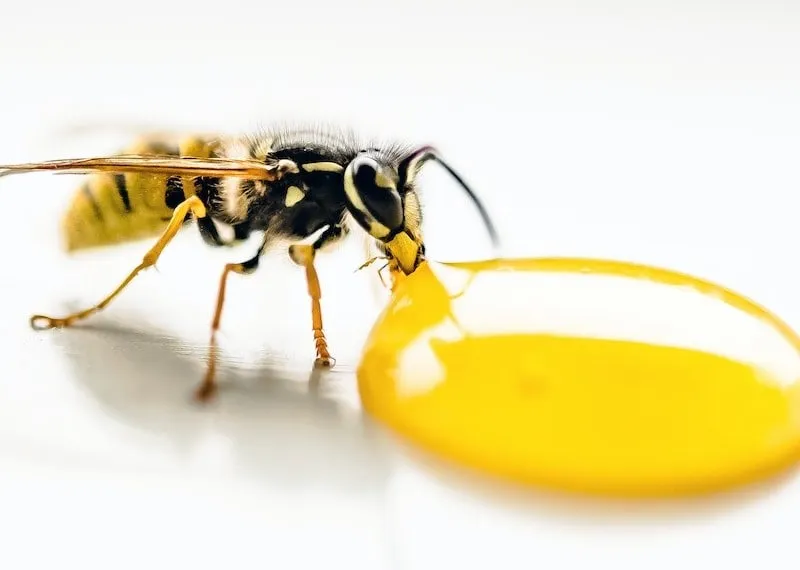
What Wasp Species Makes Honey?
While generally, most wasps do not produce honey, there is an exception to this. Just like bees, wasps produce a sweet liquid that is similar to honey. This honey-like substance these insects produce is called “wasp honey.”
Most of this sweet liquid is made by the female wasp to feed her larvae. It is made from some secreted liquids of other insects.
In comparison to our table honey (or those produced by honey bees), wasp honey has a more watery texture. It also has a different flavor, considering that the main source is not nectar but insect secretions.
Some wasps also bring home nectar to feed themselves. When they do so, they often have some excess amount that they also turn into honey.
Take, for example, the Mexican Honey Wasps (Brachygastra Mellifica). These wasps are usually found in North and South America, and these insects do make honey from the nectar they gather.
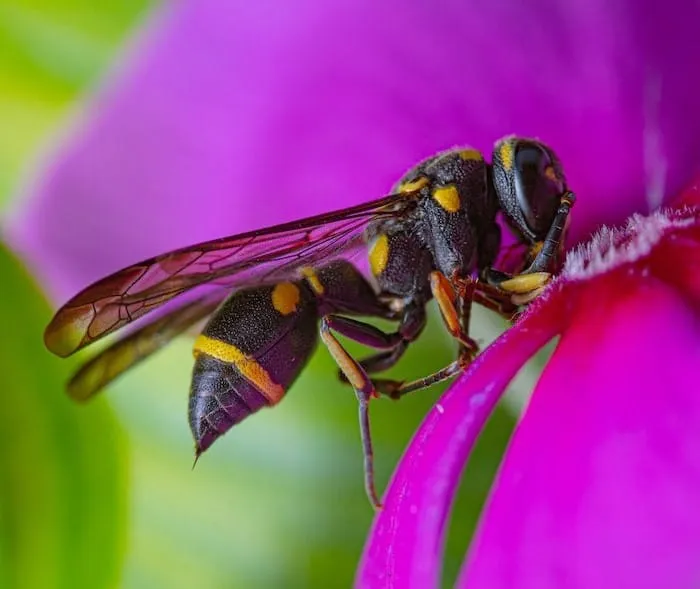
Is Honey Produced by Wasps Safe to Eat?
The answer to this would come with a caveat.
Honey produced by wasps is safe for human consumption when taken in small amounts. However, it may contain high levels of toxins due to its derivation from insect secretions. A taste, just for experience maybe, would most likely not harm a person.
Another exception is in the case of honey produced by Mexican Honey Wasps. While it is known that Mexican Honey Wasps make honey, they do so primarily for their own consumption. Therefore, they do not make typical honey the same way a honey bee does. In fact, wasps steal honey from bees as food.
However, the honey produced by these wasps is claimed to be as edible as honey that the bees produce. After all, they take the same nectars from the same flowers that bees gather them from.
Most likely, the honey produced by these flying stingers is safe to eat. Reports have it that wasp honey is often available and consumed in countries such as Brazil and Mexico.
We recommend you stick to eating honey from honey bees. Why not try really good raw honey or Manuka honey, then?
If you decide to really try wasp honey, it is advised that you do your research first and consult a health expert before trying.
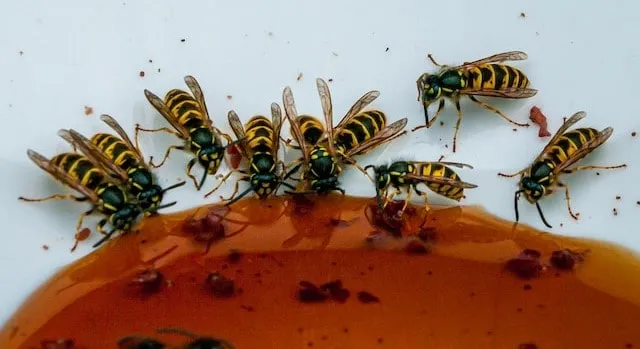
Do Wasps Do Anything Good?
At first thought, one would think that wasps are pesky insects that are good for nothing. However, these wasps actually benefit us in many ways.
Despite not producing enough honey for human consumption, these honey-producing wasps are still good for some things.
Here are some of the ways that these wasps do us good.
Pollination
For one, these wasps are still useful in pollination, although not as efficiently as bees. They are not as hairy as bees, so pollen does not stick to their bodies like what happens in the case of bees.
When they need to transport pollen for their young, they use their legs, which carry less pollen. Still, they are able to manage to spread pollen and cause pollination. This brings us more flowers for our eyes to feast on and more food on our tables.
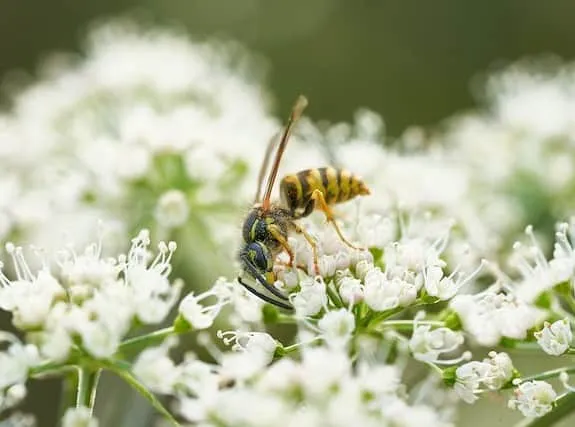
Pest and Insect Control
Wasps are tagged as natural pest controllers.
These wasps feed on insects and pests, which cause damage to our other crops and plants. They eat caterpillars, flies, beetles, spiders, and grasshoppers, commonly found on fields and plantations.
Source of Food
These wasps are also a source of food for some people.
For some local people in some parts of Mexico, the Mexican honey wasp is a delicacy.
In other parts of the world, particularly in Asia, people have raised wasps for their nests and larvae as a source of food. It is a rare delicacy in these places that fetches the local people a good price.
Final Thoughts
The notion that wasps are pesky insects that we should get rid of may have been brought about by the fact that some wasps species are predators of our beloved bees and other insects. There are wasp species, too, that steal honey from beehives. But, as the saying goes, there is always an exception.
Wasps provide pollination services that promote a healthy ecosystem. Consequently, nature is able to provide us with flowers, fruits, and food.
They eat insects that damage our crops. They themselves are sources of food for many people around the world.
Wasps may have other benefits to humankind that we or science have not discovered yet. All in all, we should not treat those lovely animals as enemies but see them with all the value they bring to our nature.
While a wasp may not be your favorite flying insect, remember that they bring some benefits. If you don’t want them around, there are natural ways to get rid of them without killing them, like growing some wasp-repelling plants.
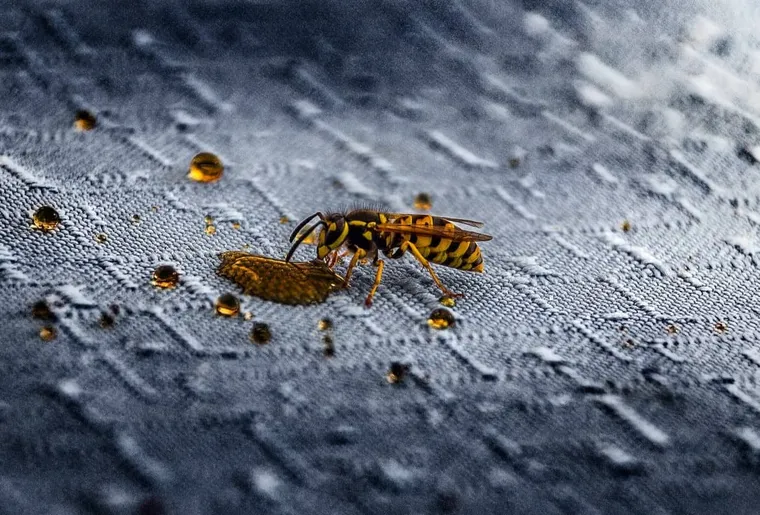
Leave a Comment
Your comment will be reviewed before appearing on the site.